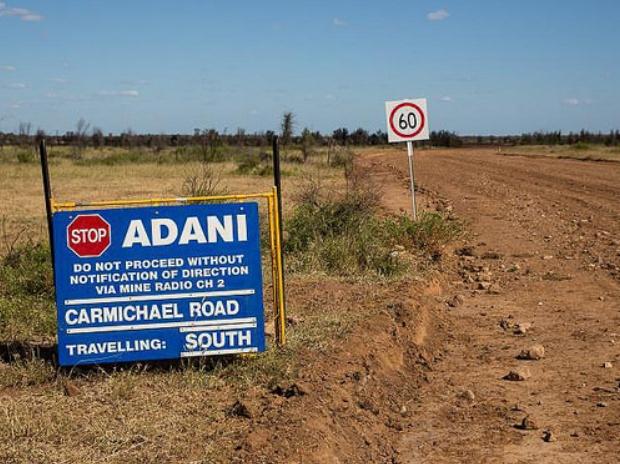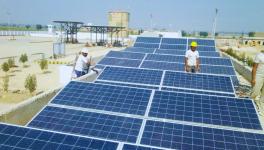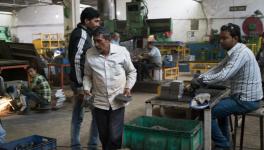Financial Viability of Adani’s Carmichael Project in Question as Insurance Companies Back out

Financial viability of Adani Enterprises Ltd’s contentious Carmichael coal mine project in Australia has come under scanner as three of its current insurers have now publicly said they will not provide insurance for the project and another insurer that covered the construction of the project said it is “reviewing” it. The insurers’ move comes at a time when Adani has awarded contracts to Australia-based companies, which have begun construction of the rail network of the project.
Last week, leaked invoices obtained by The Sydney Morning Herald and The Age revealed that four global insurance companies, Liberty, HDI, AXL, and Aspen Reinsurance, were paid for underwriting works on Adani's Carmichael coal mine and rail project. While Aspen Reinsurance said it would review corporate policies over projects that contribute to climate change, the other three have now publicly said that they will not provide insurance to the controversial project after their current residual policies come to an end.
Backlash from these insurance companies is not the first for Adani’s Carmichael project as over 15 insurance companies had earlier ruled themselves out of providing coverage to the project.
The project has been mired in controversies since its inception as regulatory and environmental concerns gripped Adani’s attempts to begin construction work ever since it acquired the mines back in 2010.
Last year, Adani won final approval from Australian authorities to produce 60 million tonnes of thermal coal annually from the Carmichael mine. The Queensland government approved the project after Adani produced over a dozen versions of the plan that promised hundreds of jobs to the people of the region.
So far, Adani has awarded contracts worth A$ 1 billion including its recent deal worth of A$ 300 million contract to Queensland-based BMD to deliver civil construction works for the Carmichael rail network.
Responding to the setbacks from insurers, in an emailed statement to Bloomberg, Adani Spokesperson said: “[D]etails on insurance providers for the Carmichael Project are commercial in confidence, however we have the requisite insurance requirements in place.”
Notably, this has been a common response from Adani Group during the previous denials from insurance companies to the project. All major projects require underwriting insurance, for equipment damage and workers’ compensation, among other things.
If global insurers take up the policy of distancing from projects related to fossil fuels, Adani will be left with no option other than to self-insure the project further burdening its financial viability.
Adani Group has earlier pledged that it will self fund its Australian project as over years at least 40 major banks have refused to fund the project which environmentalists have warned would accelerate climate change.
Reportedly, the project has made a $279 million loss during the 2019-20 financial year, increasing its cumulative losses since inception to $794 million.
Experts opine that Adani Group has to shuffle funds among its green businesses to fund the Charmichael project. “Adani Power has zero financial capacity to borrow more money. Global investors have no problem investing in one of the biggest port players in Asia so he [chairman Gautam Adani] just has to redirect the money back to Carmichael,” said Tim Buckley, senior energy economist at the Institute for Energy Economics and Financial Analysis while speaking to The Sydney Morning Herald.
The thermal coal produced at the Charmichael mine is expected to be exported to Adani Power’s coal-fired generators in India and other power generators in Asia.
In 2010, Adani acquired Carmichael mine by investing over $3 billion from the Queensland government, but the project faced stiff resistance from numerous corners including the country’s native people, environmentalists and political parties. ‘Stop Adani’ protests led by environmentalists, and citizens swept across Australia that raised climate change concerns, rights of native people and the ecosystem in Galilee Basin, where the mine is located.
Also read: Healthcare System on the Verge of Collapse in Chile
Get the latest reports & analysis with people's perspective on Protests, movements & deep analytical videos, discussions of the current affairs in your Telegram app. Subscribe to NewsClick's Telegram channel & get Real-Time updates on stories, as they get published on our website.
























